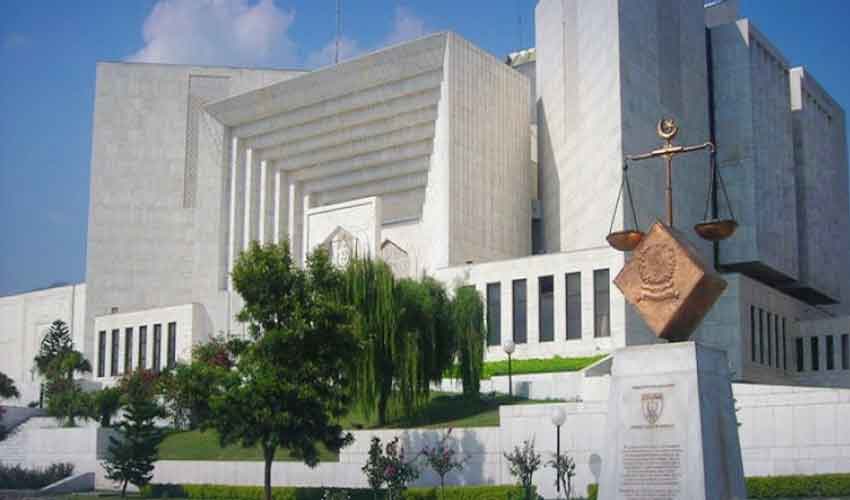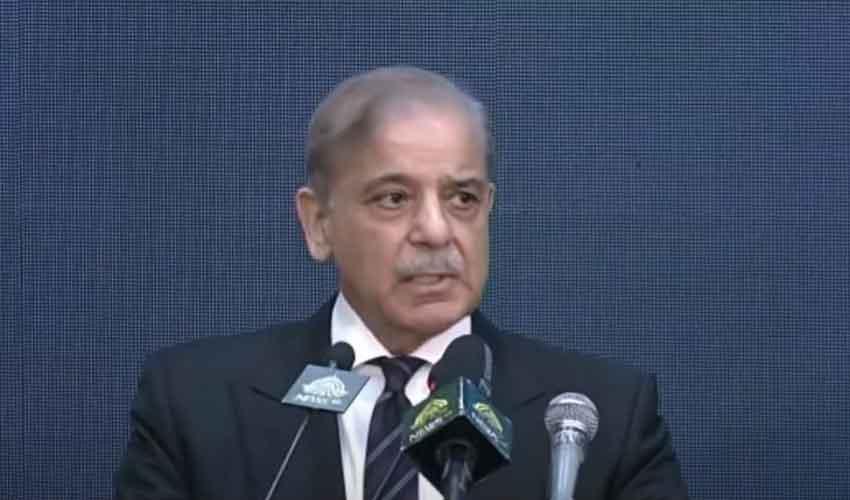Supreme Court Justice Jamal Mandokhel, while hearing a case related to military courts, raised concerns over why cases of soldiers who are martyred in terrorism-related incidents are not being tried in military courts.
Justice Mandokhel emphasized that while soldiers are daily sacrificing their lives, the question arises: why are the cases of these martyrs not being heard in military courts?
He also asked whether an individual holding a particular thought could be tried in a military court, and which cases would fall under Article 8, Clause 3 for trial in military courts.
The Supreme Court's 7-member constitutional bench is currently hearing intra-court appeals against the decision to allow civilian trials in military courts. Khawaja Haris, representing the Ministry of Defense, is presenting his arguments.
Khawaja Haris argued that the court’s decision incorrectly interpreted Article 8, Clauses 3 and 5 of the Constitution. He referenced the FB Ali case, which established that civilians could be tried in military courts, emphasizing that the two clauses are distinct and cannot be combined.
Justice Jamal Mandokhel remarked that while the country acknowledges the sacrifices of soldiers, the question remains: why aren’t the cases of these martyrs being tried in military courts?
Khawaja Haris responded that the previous ruling wrongly characterized the FB Ali case, where the trial was conducted after Ali’s retirement while he was a civilian, stating that the case was different because the crime occurred while he was still in service.
Justice Mandokhel countered that in the current case, the accused from the May 9 incident were not members of the armed forces. He noted that the term "ex-servicemen" is now commonly used, but these individuals were not even ex-servicemen.
The justice further questioned the extent to which civilians could be tried in military courts, focusing on whether civilians could face the same treatment as those involved in incidents like the APS tragedy. Justice Musarat Hilali echoed this concern, asking whether the same treatment could be extended to all civilians as was done in the APS case, while reminding that Pakistan’s Constitution is not suspended.
Justice Muhammad Ali Mazhar inquired about the international practices concerning military court trials. In response, Khawaja Haris promised to present international examples in his arguments.
Justice Mandokhel concluded by questioning whether individuals holding a particular thought could be tried in military courts, and which cases would qualify under Article 8, Clause 3 for military court trials.



























